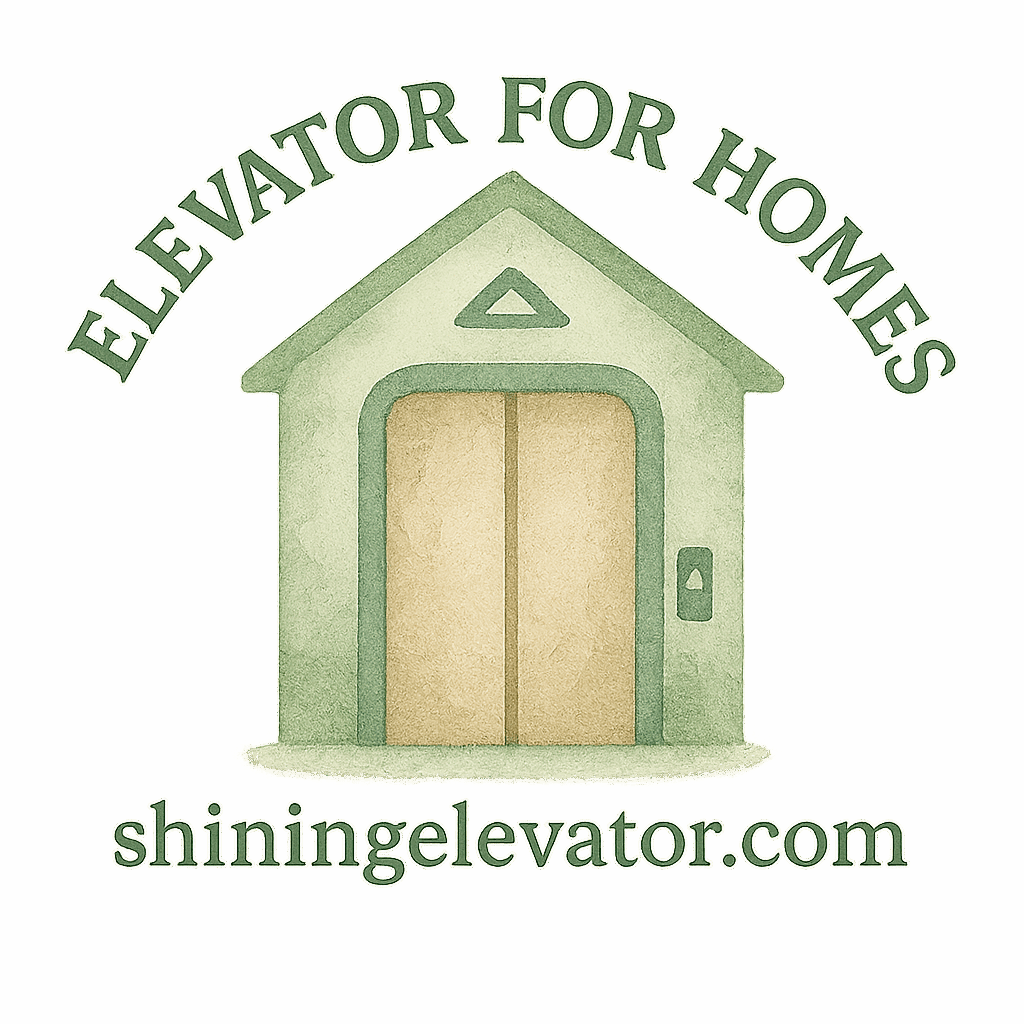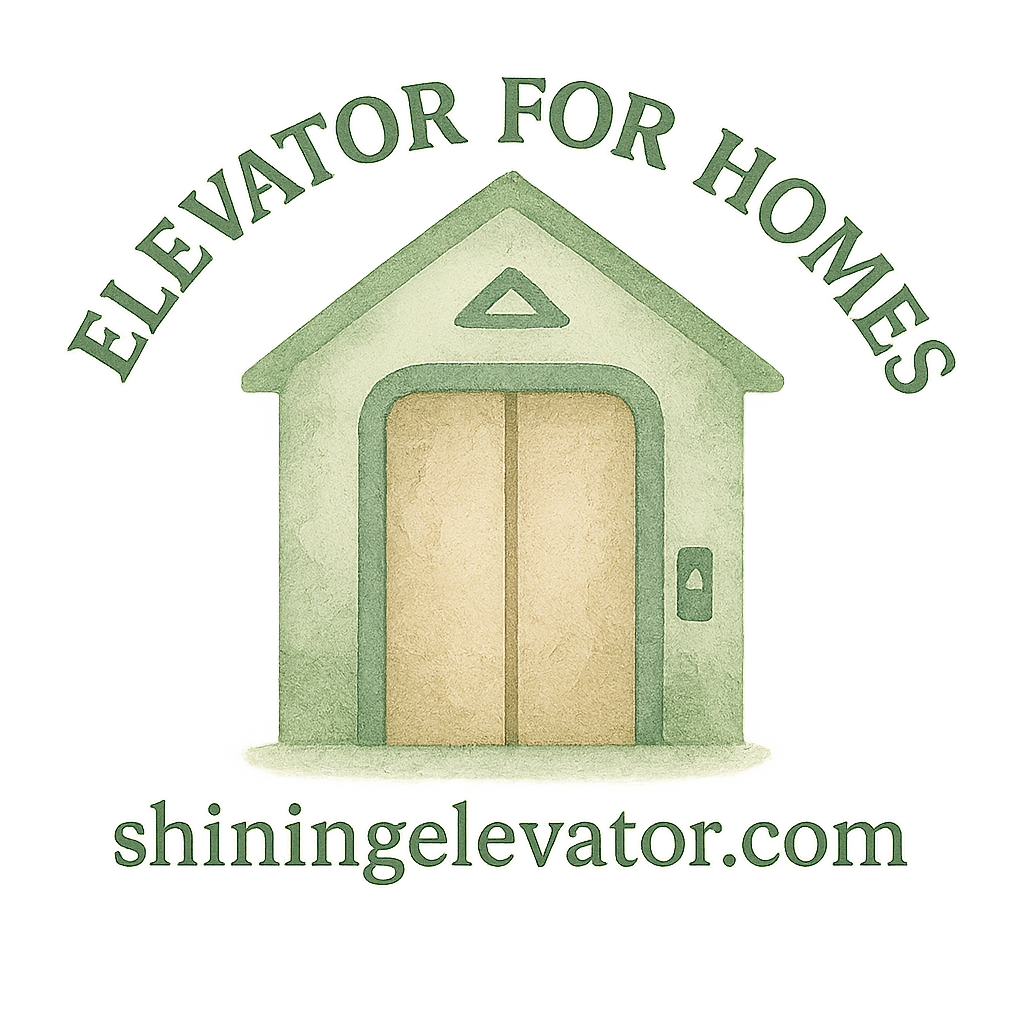Introduction
Ever thought about how much easier life would be with a residential elevator at home? Whether you’re planning for future mobility, improving safety for elderly family members, or just adding convenience and value to your property, a home elevator can be life-changing. But here’s the catch: installing one isn’t exactly cheap. That’s where financing options come into play.
In this article, we’ll break down 7 financing options for safe residential elevator installation, explore their pros and cons, and help you figure out which option is best for you. Ready? Let’s dive in.
Why Financing a Residential Elevator Matters
Growing Demand for Home Elevators
With more homeowners focusing on aging in place and improving accessibility, residential elevators are becoming more than just luxury features. They’re practical solutions, especially for multi-level homes.
Safety and Accessibility Considerations
When installing an elevator, safety isn’t negotiable. Financing options make it easier to afford features like emergency brakes, power backup, and accessibility controls. These upgrades ensure peace of mind for families, seniors, and individuals with mobility challenges.
Understanding the Cost of Residential Elevator Installation
Before diving into financing, it’s crucial to understand the price tag attached.
Factors That Influence Elevator Costs
Several factors can influence the overall cost of a residential elevator:
- Type of elevator (hydraulic, pneumatic, traction, compact, etc.)
- Custom design and interior finishes
- Number of floors the elevator will serve
- Installation complexity
Hidden Expenses You Should Plan For
Beyond installation, you’ll also need to consider:
- Building modifications
- Maintenance budgets
- Annual inspections and safety certifications
- Energy usage
Understanding these costs upfront will help you choose the right financing strategy.
Financing Options for Residential Elevators
Now, let’s break down the 7 financing options for safe residential elevator installation in detail.
1. Personal Savings
Sometimes the simplest route is the best.
Pros of Using Savings
- No debt or interest rates.
- Full control over your budget.
- Faster project completion since you’re not waiting for loan approval.
Cons of Using Savings
- May deplete your emergency funds.
- Limits flexibility if unexpected costs arise.
2. Home Equity Loans
If you’ve built equity in your home, this can be a smart financing option.
How They Work
A home equity loan lets you borrow against the equity in your property. You get a lump sum and repay it with fixed interest.
Benefits and Risks
- Predictable monthly payments.
- Potential tax advantages.
- Risk: Your home is collateral, so missed payments could lead to foreclosure.
3. Home Equity Line of Credit (HELOC)
Another equity-based option is a HELOC.
Flexible Funding for Elevator Projects
Unlike a lump sum, a HELOC works like a credit card with a borrowing limit. You only pay interest on what you use.
Interest Rates and Terms
Rates may be variable, which means monthly payments can fluctuate. This works well if your elevator installation will happen in phases.

4. Personal Loans
If you don’t want to touch your home equity, personal loans are another route.
Quick Approval Process
Banks, credit unions, and online lenders often approve personal loans within days.
When to Consider Personal Loans
- Best for smaller projects like compact elevators.
- Great if you need fast cash but don’t want to risk your property.
5. Contractor or Manufacturer Financing
Some elevator companies offer in-house financing.
In-House Financing Benefits
- Convenient, since everything is handled by the provider.
- May offer low or even 0% interest for promotional periods.
What to Watch Out For
- Higher long-term interest rates if you miss the promotional window.
- Limited flexibility compared to bank financing.
6. Government Grants and Assistance Programs
Yes, sometimes free money is available.
Who Qualifies for Grants
Government agencies and nonprofits often support seniors, people with disabilities, or those needing home accessibility upgrades.
Accessibility-Focused Support
Programs may cover partial or full elevator costs if it’s linked to medical or accessibility needs. Availability varies by location, so research is key.
7. Reverse Mortgages
This option is often considered by seniors.
Best for Seniors Planning to Age in Place
A reverse mortgage allows homeowners over 62 to borrow against home equity without monthly payments.
Risks of Reverse Mortgages
- Can reduce inheritance value for heirs.
- Complicated terms that require professional guidance.
Comparing Financing Options
Which Financing Option Fits Your Lifestyle?
If you value flexibility, a HELOC might be the way to go. If predictability matters, a home equity loan or contractor financing could be better.
Safety, Cost, and Long-Term Value
No matter the option, always prioritize safety features. The right financing should balance affordability with the peace of mind that comes from safe and reliable elevators.
Tips for Choosing the Right Financing Option
Consider Your Long-Term Financial Health
Look beyond installation costs. Can you comfortably handle monthly payments without affecting your lifestyle?
Factor in Maintenance and Safety Costs
Don’t forget ongoing installation and maintenance. Elevators require routine checks to stay safe and reliable.
Conclusion
Installing a residential elevator doesn’t have to be out of reach. With the right financing strategy, you can create a safer, more accessible, and more valuable home without breaking the bank. From personal savings to government grants, you have multiple options at your disposal. Choose wisely, plan ahead, and enjoy the freedom and safety a home elevator brings.
FAQs
1. How much does a residential elevator cost on average?
Most residential elevators cost between $25,000 and $50,000, depending on type, customization, and installation complexity.
2. Can I finance a small home elevator installation?
Yes! Options like personal loans or contractor financing are great for small home elevators.
3. Are there financing options for seniors only?
Yes. Reverse mortgages and certain senior safety grants are designed with elderly homeowners in mind.
4. Do elevator companies provide financing directly?
Many elevator providers do. Always compare their offers with bank loans for the best deal.
5. What if I have bad credit?
You may still qualify for personal loans or in-house financing, though interest rates will likely be higher.
6. Is a home elevator a good investment?
Absolutely. Beyond safety and accessibility, it adds resale value, especially for multi-level homes.
7. Where can I learn more about planning for elevator installation?
You can explore guides on budgeting and planning, design customization, and elevator types and features.


